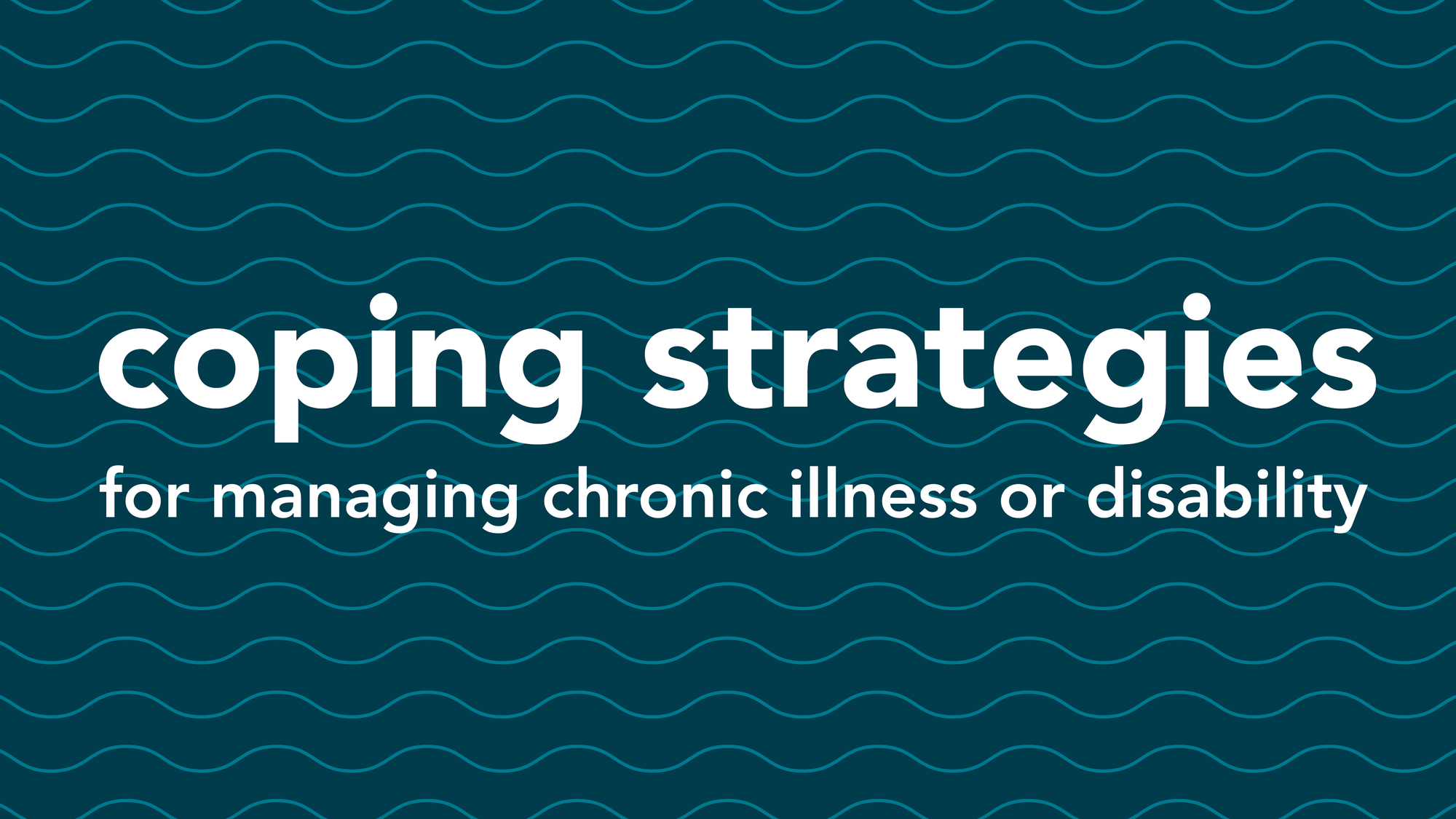Living with a chronic illness or disability can be challenging, both physically and emotionally. Here are 10 coping strategies that can help individuals manage chronic illness or disability:

- Accept your condition: Acceptance is the first step towards coping with chronic illness or disability. Accepting your condition can help you better understand your limitations and develop realistic expectations for yourself.
- Educate yourself: Learning more about your condition can help you better understand your symptoms, treatment options, and how to manage your condition. This can also help you advocate for yourself and make informed decisions about your healthcare.
- Manage your symptoms: Work with your healthcare team to develop a plan for managing your symptoms, such as medication, exercise, diet, or alternative therapies. This can help you feel more in control of your condition and improve your overall health.
- Connect with others: Connecting with others who have similar experiences can help you feel less alone and provide a source of support. Consider joining a support group, online community, or connecting with others through social media.
- Practice self-care: Taking care of yourself is crucial in managing chronic illness or disability. This can include getting enough sleep, eating a balanced diet, and finding time for relaxation and leisure activities that you enjoy.
- Focus on what you can do: While it's important to acknowledge your limitations, it's also important to focus on what you can do. By setting realistic goals and focusing on your strengths, you can build a sense of purpose and control over your life.
- Manage stress: Chronic illness or disability can be stressful, and stress can exacerbate symptoms. Strategies for managing stress can include deep breathing, mindfulness, or exercise.
- Build a support system: Having a strong support system can be helpful in managing chronic illness or disability. Reach out to family, friends, support groups or healthcare professionals who can provide emotional and practical support.
- Be patient with yourself: Managing a chronic illness or disability can be challenging, and it's important to be patient with yourself. Remember that progress may be slow, but every small step forward counts.
- Maintain a positive outlook: While it can be difficult at times, maintaining a positive outlook can be helpful for managing a chronic illness or disability. Try to focus on what you can do, rather than what you can't, and celebrate small victories along the way.
Remember that coping with a chronic illness or disability is a journey, and it may take time to find what works best for you. Be patient, take care of yourself, and seek support when you need it.
More Resources
Coping with a diagnosis of chronic illness
Living with Chronic Illness: Top 10 Tips to Emotional Well-Being



